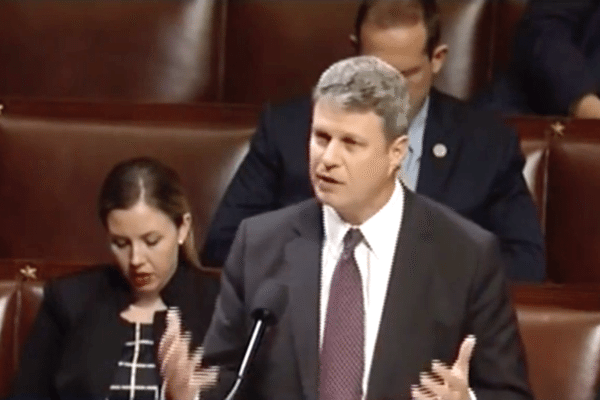
The House Financial Services Committee, under the leadership of Chair Patrick McHenry, has announced a new working group to address environmental, social, and governance proposals (ESG).
Currently, the Securities and Exchange Commission (SEC) is pursuing ESG rules, more specifically in regards to climate impact disclosure. Some have criticized the Commission’s overreach as beyond its mission or perhaps becoming the Securities and Environment Commission.
The Republican Working Group will be led by Oversight and Investigations Subcommittee Chairman Bill Huizenga.
Huizenga commented that in 2022 the Supreme Court in West Virginia, in case involving the EPA, ruled that “government bureaucracies cannot arbitrarily expand their own regulatory reach.”
“The SEC’s climate disclosure rule is a prime example of this overreach that would have a wide-ranging impact on hard working Americans across all walks of life. I look forward to leading our committee’s ESG working group, which will focus on promoting strong, vibrant capital markets, while defending the interests of all retail investors,” said Huizenga.
Chairman McHenry said the group will develop an approach that protects the financial interests of everyday investors and ensures capital markets remain the envy of the world.
“[We] will continue our work to expand capital formation, hold Biden’s rogue regulators accountable, and support American job creators.”
While proponents focus on climate impact, critics note that public firms will be required to expend an unknown amount of time and money adhering to rules that will be arbitrary at best. These rules will inevitably spill into private firms that are vendors or service providers for reporting firms. The overall cost remains inestimable.
At the same time, it has been predicted that ESG rules will engender a new industry of firms that must be hired to greenwash public companies, again more cost.
If SEC’s climate disclosure rules do go into effect, it will inevitably undermine public companies further, decreasing the number of listed firms as they move to stay private for as long as possible. Additionally, at least one study shows that climate disclosure rules pursued by the SEC may have, in fact, the opposite effect.

